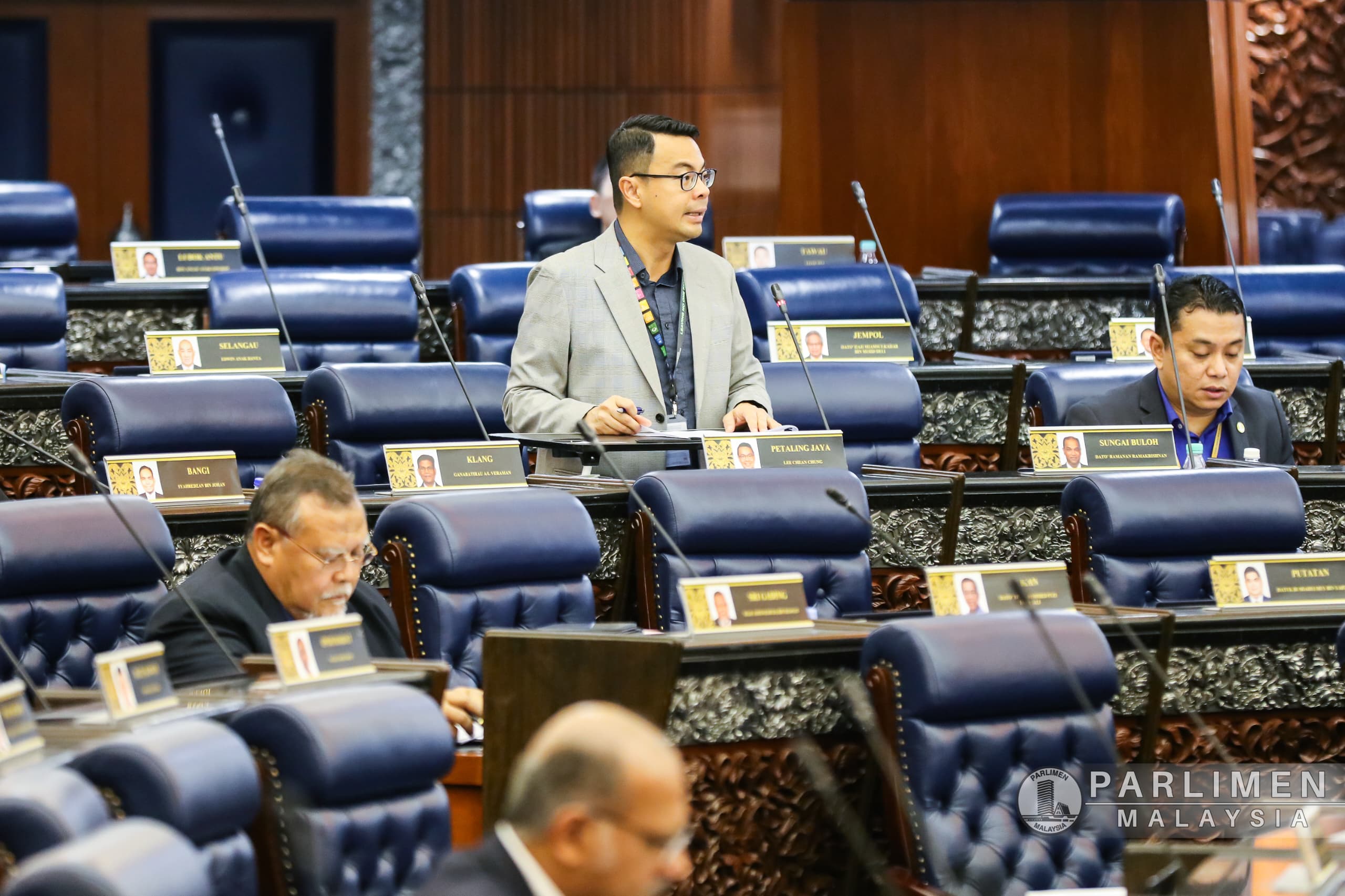In the upcoming parliamentary session in October 2024, we will be anticipating one of the most significant bills to be reinstated, which is the Parliamentary Service Act (PSA), alongside the tabling of Annual National Budget.
Once, the Malaysian Parliament was administered under the Parliamentary Service Act 1963,whereby the law granted the Parliament autonomy to manage its own affairs without the interference of the government. However, as the rest of the world moves towards a more independent and professional lawmaking process, the Act was repealed by Malaysian parliament in 1993. As a result, the decision almost eliminated the financial, administrative and decision autonomy once enjoyed by the August House, with one joke saying that even buying a pen in the parliament requires approval by Putrajaya.
Now, under the Madani government, the process of reinstating the repealed PSA has been underway, with draft bills put forward. Several months ago, Speaker of Dewan Rakyat Tan Sri Johari Abdul affirmed that the government would go ahead to table a bill this year for restoring the PSA. Minister in the Prime Minister’s Department (Law and Institutional Reforms) Datuk Seri Azalina Othman Said said the draft law is nearing completion, with 90% of the job already done.
The Need for Functional Autonomy
For effective functioning, Parliament needs the autonomy of performance of functions with less intervention from the executive. This will include control over the administrative and financial matters that are very critical in maintaining Parliament’s integrity in its role to scrutinize government activities.
Even before the PSA was abolished in 1992, Malaysia’s Parliament enjoyed some degree of independence that allowed it to function without any direct interference from the government. The existence of the PSA meant the management and administration of Parliament were divorced from executive interference, thus adhering to the principle of separation of powers. Abolishing these safeguards has mired the country in political crises and underlines the need to restore Parliament’s autonomy.
The importance of Parliament’s independence lies at the heart of every functioning democracy. For Malaysia, restoring the Parliamentary Services Act is not just a question of following the rule of law; it represents one huge step toward making sure our Parliament can effectively assume its role as the highest law making body within our country.
The PSA provided for Parliament to have administrative autonomy, where each House would be free to determine its structure, regulations, and staff. In reinstating the PSA, Parliament would regain the ability to make provisions for its own rules and staffing without external interference from the executive. This autonomy, classically managed by the Speaker, guaranteed that parliamentary operations did not suffer from any executive’s influences.
This autonomy could be very effectively restored through a permanent joint committee of both Houses under the PSA. Such a committee would ensure that Parliament can work transparently, free from executive interference, in overseeing the implementation of the PSA.
Financial autonomy also forms an integral part of the PSA. In fact, there will be no real autonomy without independence to make financial decisions. Under the PSA, Parliament willhave control over budgetary matters without Executive’s interference. Financial independence is of importance in several areas, such as that Parliament can attract, nurture and retain the best talents, enhancing its capacity in bill drafting, research services and parliamentary select committees, as well as to deploy its resources more effectively.
The PSA will help Parliament operates its financial resources without depending on others and ensure that financial allocations are determined by parliamentary needs. The governance approach through a joint committee has been implemented in many parliamentary democracies,hence should provide adequate support to strengthen the financial and administrative independence.
Comparison of Countries’ Practice of Parliamentary Service Act
In comparison with the current practice of Malaysian Parliament, Commonwealth countries such as Australia, New Zealand, Canada, and the United Kingdom have laws that separated their Parliamentary services from executive intervention. For example, Australia through Section 9(2) PSA 1999 and New Zealand through Section 6 PSA 2000, both insist on independence from the Executive. Each of these countries also has its own Parliamentary Commission that manages staff appointments, promotions, discipline, finance, and other matters related to Parliament.
In fact, in countries such as Australia, there is a Parliamentary Budget Office which functions to monitor and report on Parliament’s financial expenditure independently. In Canada, the Parliamentary Budget Officer is appointed for a period of seven years and is responsible for providing financial analysis and reports to the Speaker of Parliament and the Senate.
Thus, Parliamentary Service System is crucial to secure the independence and transparency of the financial autonomy in Parliament.
Moving Forward with the PSA
Reinstatement of the PSA is not just dusting off an archaic piece of legislation; it simply realigns Malaysia’s parliamentary system with international standards in democratic governance. The Legal Affairs Department, under the inclusive approach of Law Minister Datuk Seri Azalina Othman Said, conducted stakeholder consultations around the policy framework for the said proposed bill, including input from parliamentary staff. This is, therefore, a holistic approach in ensuring that it addresses the needs of a modern Parliament.
Nevertheless, the contents of the bill must be made transparent, and sufficient consultations with all relevant parties must be conducted before its tabling for debate in the Dewan Rakyat. Sufficient time must also be accorded to the parliamentarians to study the bill in detail before any voting.
It is now time for Malaysia to reinstate the PSA and, with that, the independence and integrity of Parliament. This Act is fundamentally essential to ensure Parliament is well-placed to satisfactorily discharge the functions entrusted to it by the Federal Constitution. As such, in tabling the PSA this year, the government would have the golden opportunity to reform parliamentary institution, strengthen democracy in Malaysia, uphold separation of powers under the Constitution, and ensure Parliament continues to be robust, efficient and proactive.


